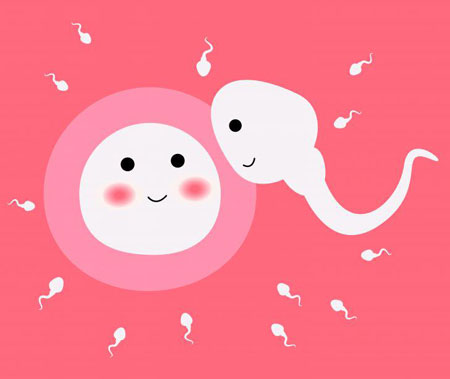KYRENIA IVF (In Vitro Fertilization) + PGD Treatment
Pre-Implantation Genetic Testing can be performed on all IVF treatments. When PGD is done we make the 5 main genetic markings of the embryo.
PGD can detect single gene defect disorders that can cause diseases such as:
Muscular Dystrophy,
Sickle cell anemia, cystic fibrosis and Tay-Sachs.
PGS;
trisomy 21,
Down Syndrome,
Trisomy 18 is known as Edwards syndrome.
After these are done with the PGD process, we can transfer a healthy embryo. The process is the same as IVF / ICSI and injections of hormones are administered to help the follicles grow. The PGD process is done after the eggs are retrieved and fertilized with ICSI. The PGD process is done on days 3 and 5 of the progression of embryos. On the 5th or 6th day, healthy embryos are transferred to the treatments of female patients.
Preimplantation Genetic Screening
Preimplantation genetic diagnosis (PGD), also known as Preimplantation Genetic Screening (PGS), is a procedure used to help identify genetic defects in embryos prior to implantation. While the embryo is developing, the PGD procedure prevents certain genetic diseases or disorders from being passed on to the child. Embryos are tested for a panel of chromosomal genetic abnormalities so that only unaffected embryos are implanted back into females, resulting in healthy pregnancy.
PGD was developed as an alternative to prenatal diagnosis and the potential termination of a fetus affected by genetic disease.
How is PGD done?
Preimplantation genetic diagnosis begins with the same process as in vitro fertilization IVF, which includes egg retrieval and fertilization in the laboratory. After the egg retrieval is preformed, the embryos have three to five days to develop, the embryos will divide into multiple cells. First, several cells are microsurgically removed from developing embryos on day 3 or 5, depending on the chromosomes tested by biopsy. In most cases, the chromosome biopsy will be done on day 3 and will be called a cleavage stage biopsy, results will be given on day 4 and we can proceed with the transfer on day 5. embryo transfer day. After PGD identifies embryos without genetic problems, the healthiest embryos are selected and can then be transferred to the uterus.
Who can benefit from PGD?
Preimplantation genetic diagnosis can benefit any couple at risk of contracting a genetic disease or condition.
Here is a list of the types of people who may be candidates for PGD:
History of miscarriages due to genetic disorders
Repeated IVF mistakes
Male partners with severe male factor infertility
An existing child with a genetic disease
Tissue match required for a sick sibling
Family history of X-linked disorders
Chromosomal translocations that can cause implantation failure, recurrent pregnancy loss, mental and physical disorders in children
Autosomal recessive diseases such as cystic fibrosis, sickle cell anemia, and Tay Sachs disease
Autosomal dominant diseases including dwarfism and Huntingtn's disease
Pre-Implantation Genetic Testing can be performed on all IVF treatments. When PGD is done we make the 5 main genetic markings of the embryo.

